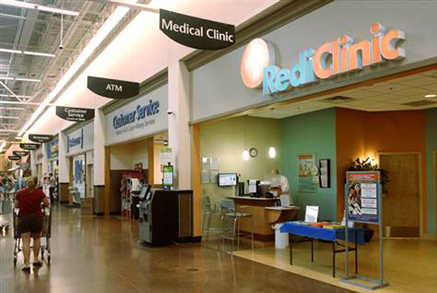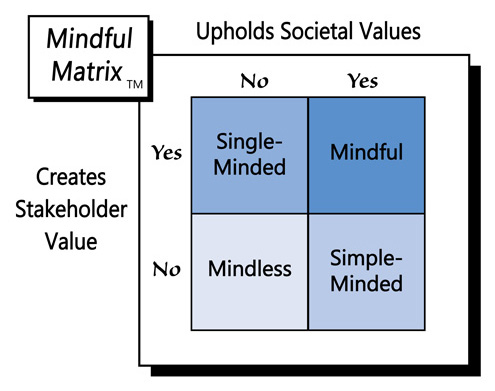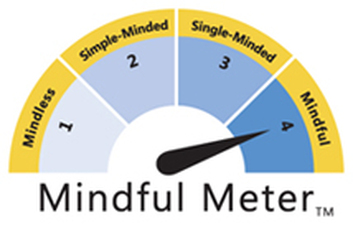The evidence of this trend is the growth in retail health clinics, which have increased by 20 percent over the last five years and now total more than 9,400. These clinics are located in malls, plazas, and other convenient places that people tend to frequent for typical shopping needs.
Big and small firms have capitalized on this trend, the largest being CVS, which operates more than 900 of its “Minute Clinics” in over 30 states. The company anticipates having 1,500 clinics by 2017.
Apparently, these retail health clinics are good for CVS and the other players that are rapidly opening them, but is storefront healthcare a good thing for consumers? Several issues threaten to infect the clinics, for instance: Can for-profit providers like CVS be trusted to provide good quality care, and can they avoid a conflict of interest when they also sell the pharmaceuticals that their healthcare practitioners prescribe?
Well, people generally don’t visit these retail clinics for treatment of serious health concerns; rather they typically receive care from nurse practitioners and physician assistants for more routine problems like sprained ankles and the flu. As Bloomberg reports, “For customers, the clinics fill a gap. Patients who can’t get a last-minute appointment with their doctor or don’t have one can turn to urgent care instead of overcrowded hospital emergency rooms.”
People don’t have to go to these retail clinics, but the fact that so many are going to them suggests satisfaction with the quality of the service they are receiving. Furthermore, the clinics seem to offer additional customer value in the form of greater convenience and lower costs than typical options, such as hospital emergency rooms.
But what about the potential conflict of interest? Won’t patients who visit a CVS or Walgreens clinic be led to buy pharmaceuticals from those retailers? First, the healthcare practitioners should be trusted to be true to their personal/professional ethics and do what’s in their patients’ best interest. We afford similar trust to other professionals on whom we rely to advise us.
Second, just as people have the option to go or not go to these clinics, they also can choose where they’d like to have a prescription filled—it doesn’t have to be from the associated pharmacy. Still, there is the very convenient option of buying one’s medications where one is seen, which is particularly valuable for those pressed for time or who would go to the same pharmacy anyway.
So, what’s the final diagnosis? Retail clinics represent sound marketing that is also good for society’s collective health. They’re another case of Mindful Marketing.
Learn more about the Mindful Matrix and Mindful Meter.
Check out Mindful Marketing Ads and Vote your Mind!




 RSS Feed
RSS Feed